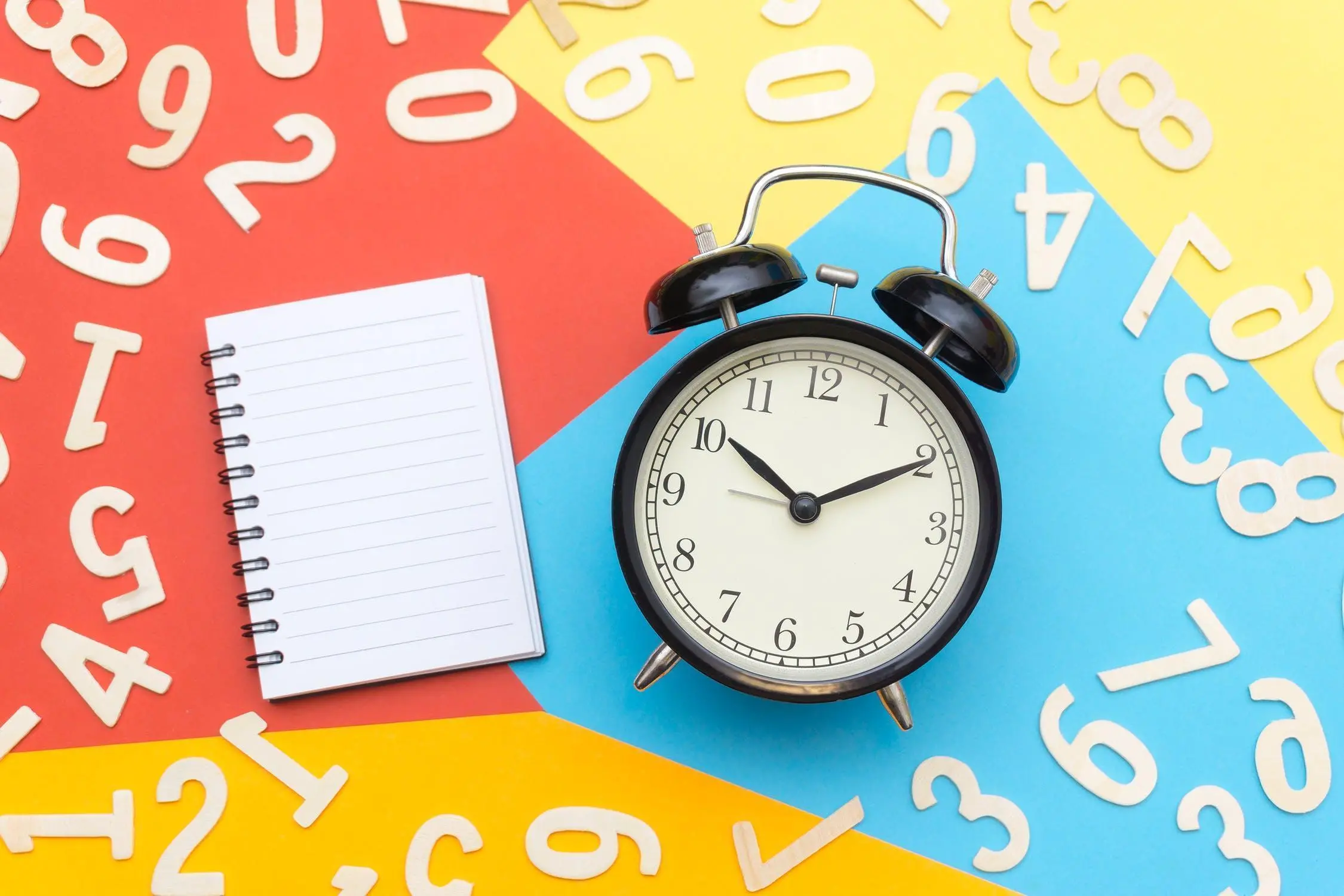By now you have probably given up on your new year's resolution to exercise more and lose weight. But, there is some good news.
Fortunately, thanks to new evidence about how much exercise we really need, you only need to expend energy 22 minutes a day. Why 22 minutes? Compared with 1960, Americans today burn about 140 fewer calories, on average, per day because of our sedentary jobs. To offset the damages of sitting, we need to move. The latest recommendations call for at least 150 minutes of moderate-intensity exercise per week to maintain good health. If you divide 150 minutes by seven days a week, that's 22 minutes a day.
The trick is to perform high intensity interval training.
In some respects, the same holds true when it comes to productivity. If you are on the treadmill at the same speed 9-5, that won't be as effective as taking breaks and practicing high intensity interval working. In some instances, turning off your mind is the best thing you can do. Think of it like putting your cortex on the couch.
Finding your so called "power hour"each day and taking breaks, doing your work in spurts instead of constantly, and finding quiet time, will help you get more done:
- Here is a summary of recent research and thinking on the value of taking breaks.
- Practicing creative boredom stimulates creativity.
- It helps you stay curious.
- It is part of your Innovation Resorts experience.
- It is an antidote to change and innovation fatique.
- It will validate that open space offices weren't such a good idea anyway.
- It will help cure your idea premature ejaculation.
- It will give you a way to self diagnose your entrepreneurial syndrome and stop wasting money on therapists.
- It' another survival skill they won't teach you in school.
- It's easier than taking a gap year.
Research shows there is some science to streaks, and not just hitting 6 three pointers in a row. These hot streaks tend to last for four or five years, and some people have more than one. The authors also found that a hot streak can happen at any point, even in the final years of a career—contradicting the conventional view that people in many fields are likely to do their best work in their 30s or 40s, late enough for them to have built up a solid base of experience but early enough for them to still have the energy required to sustain high productivity. While quantity of output does not increase, quality does.
You might have already played Power Hour in college. I'm sure as result you became a lot looser and came up with some really crazy ideas. However, it is unlikely you were very productive for some time afterwards.
Make finding your Power Hour an entrepreneurial habit.
Arlen Meyers, MD, MBA is the President and CEO of the Society of Physician Entrepreneurs.



Leave your comments
Post comment as a guest